A Week in Israel: Top 5 Places to Experience
Although Israel is a small country, it’s extremely rich in culture and history. One common concern I often hear about those wanting to visit Israel is in regards to safety. Did I feel unsafe at any moment? Nope. However, there still are isolated incidents, and it’s wise to stay updated on areas to avoid before and during your trip.
One inadvertent “benefit” of visiting a supposedly “higher-risk” location is that for the number of touristic jewels, there are relatively few tourists – which is great. The same can’t be said about London, Paris, or Rome. Most visitors, it seems, were pilgrims visiting sites referenced in the Bible, Torah, or Qur’an.
Supposing that you’re planning a one-week stay, I would recommend tagging the following places as a must-see.
In order to get the most out of the experience, I would highly recommend hiring an experienced tour guide. I was fortunate to be in great hands with the extremely knowledgeable Jayme Fucs Bar, who provides personalized tourism packages.
1. Jerusalem Old City
Jerusalem will probably be your starting point and deserves special attention, as it holds significance for three religions: Christianity, Islam, and Judaism. As such, the Old City is roughly divided into different Quarters:
- Jewish Quarter
- Christian Quarter
- Muslim Quarter
- Armenian Quarter

Venturing from one quarter into another is a unique experience, as the scenery, language, and culture changes instantly.
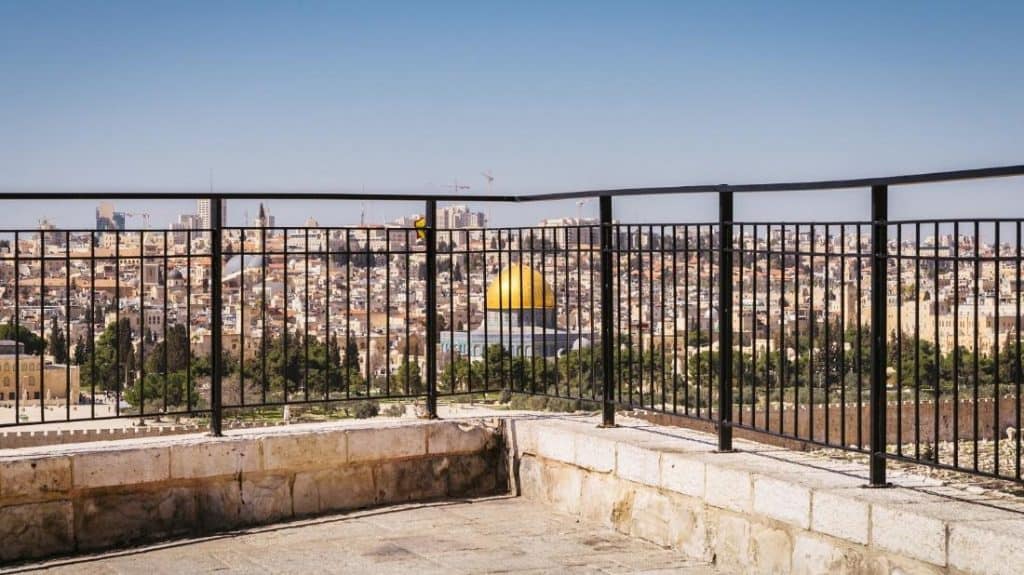
A metaphor for a divided city, taken at the Mount of Olives
Jewish Quarter
The most direct way into the Jewish Quarter is via the Zion Gate, also known as the “Wounded Gate,” as it carries the “wounds” on its walls of the 1948 Israeli War of Independence. At the entrance of the gate was a mobile bread cart.

Experience the Insider community that takes your international lifestyle to the next level. Download your FREE guide
"18 Steps to Implementing Your Plan B" instantly!

This gate leads through small streets to the Western Wall, which is an ancient limestone wall in the Old City of Jerusalem. The wall is the only remaining segment as part of the expansion of the Second Jewish Temple by Herod the Great, which was destroyed in AD 70 by the Romans. The wall, which is divided between men and women, is full of small pieces of paper with prayers. What would you wish for?


Next, also within the Jewish Quarter, on Mount Zion, is another Jewish holy site: King David’s Tomb. King David is a celebrated Old Testament warrior king of Israel (1010 – 970 BC). Within the same site is the location of Jesus’ “last supper.”
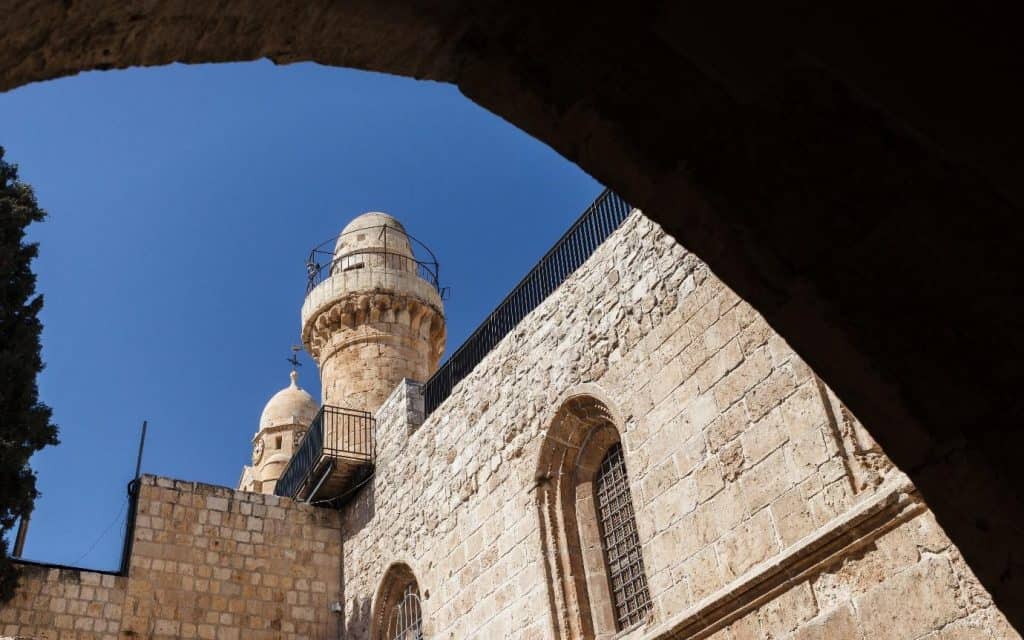
The Jewish Quarter is quieter than the other quarters and is packed with a maze of mysterious small streets.
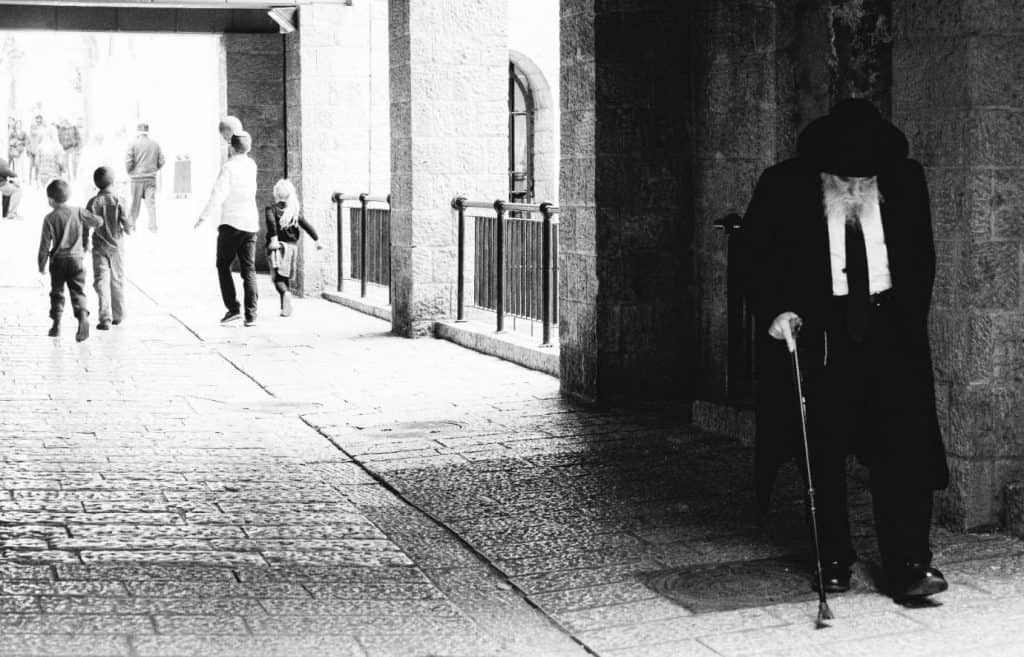
Be sure to visit the Mahane Yehuda Market, often referred to as “the Shurk,” a traditional Jewish market. It’s a great place to try traditional Middle Eastern dishes, such as falafel, hummus, and fresh exotic fruits, such as the purple dragon fruit (pictured). Again, security is tight, as can be seen with the army soldier holding the automatic weapon.
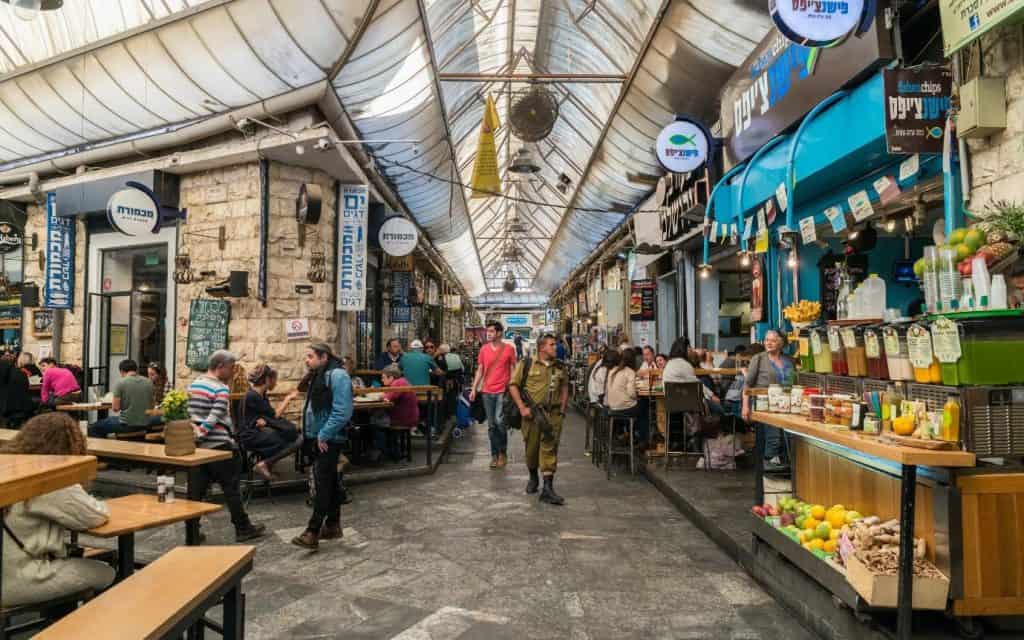

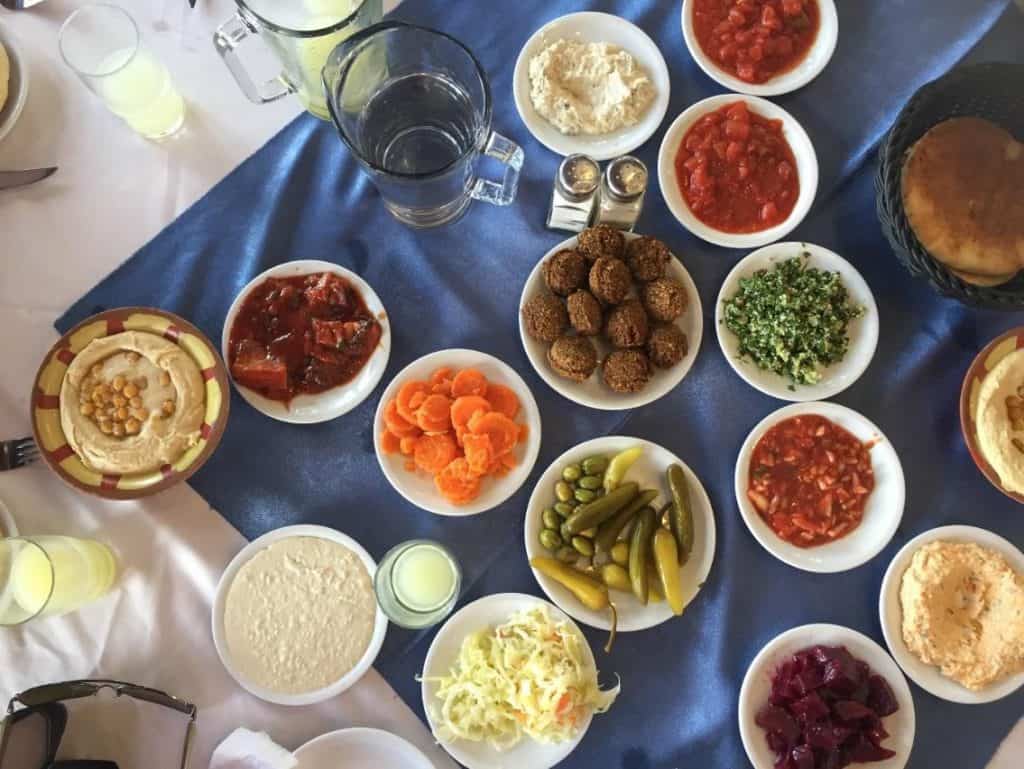
Christian Quarter
The Christian Quarter is directly accessible from Jaffa Gate on the Western side of the Old City. It’s a lively quarter, full of outdoor markets, restaurants, and historic churches.


I found this great podcast by The Expat Money Show – Travis Luther and Why Americans are leaving the USA
Deep within this quarter, at the last stop of the Via Dolorosa, is the must-see Church of the Holy Sepulchre, the site where it’s believed Jesus was crucified – and subsequently buried and then resurrected. Be aware that both men and women have a dress code, so check in advance for this site and other religious sites.


The Sepulchre church includes the Stone of Anointing (where Jesus’ body is believed to have been anointed before burial) and the highlight, the Altar of the Crucifixion. Large queues appear to kneel down and pray at the knees of the depiction of Jesus.
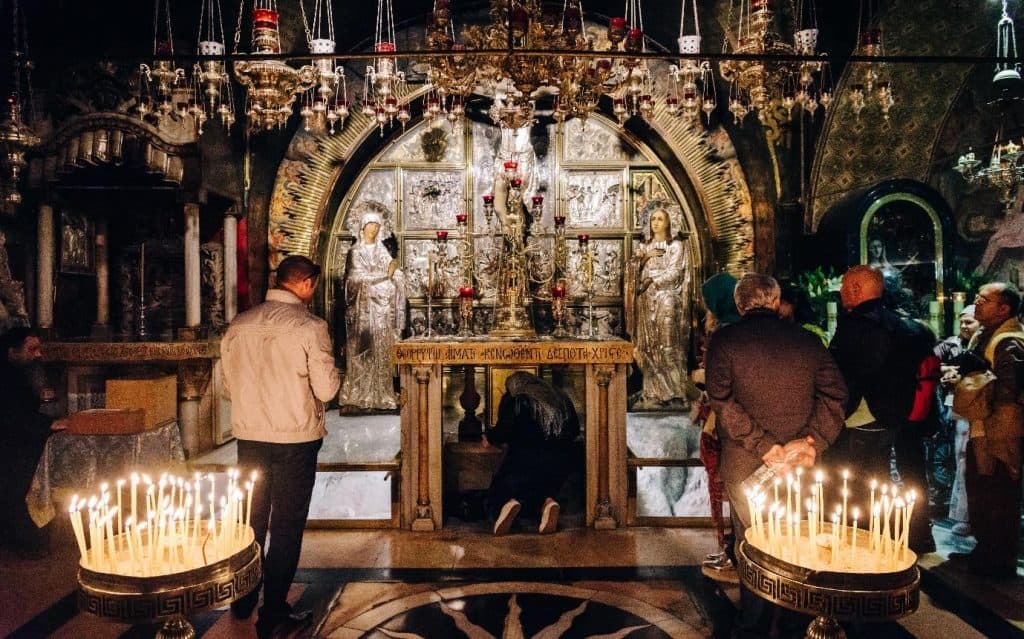
Deep underground within the Sepulchre church lies the tomb of Jesus’ mother, Mary.

Armenian Quarter
The Armenian Quarter is the smallest of the four, but hosts some equally interesting sites, such as the Tower of David Museum, with a panoramic view of the Old City.
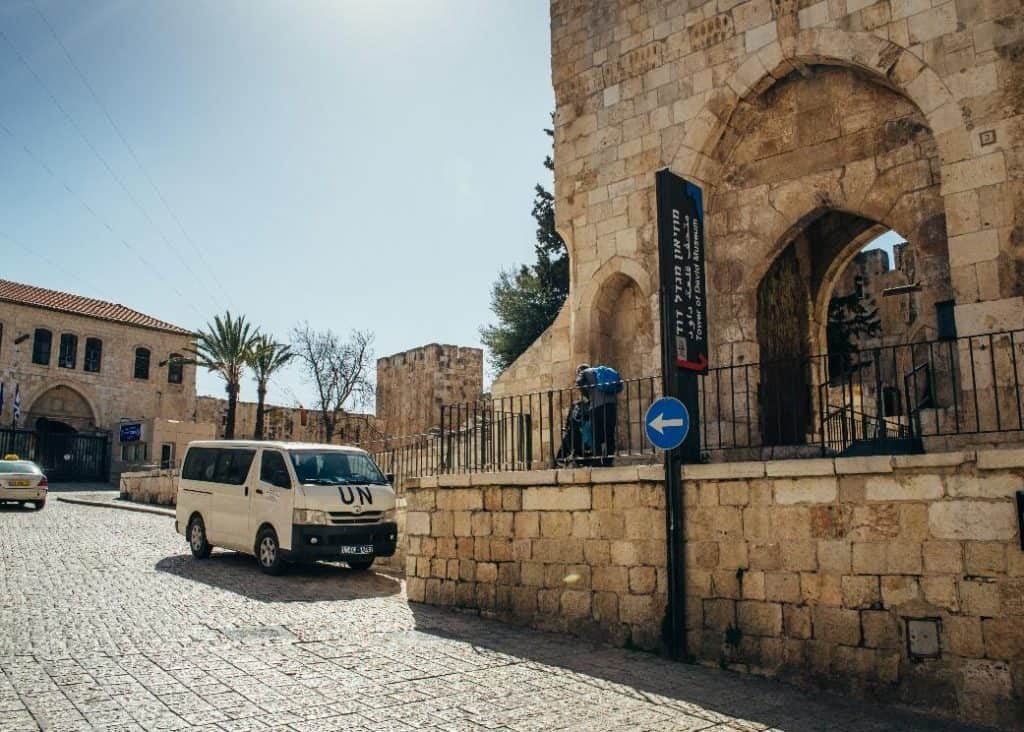
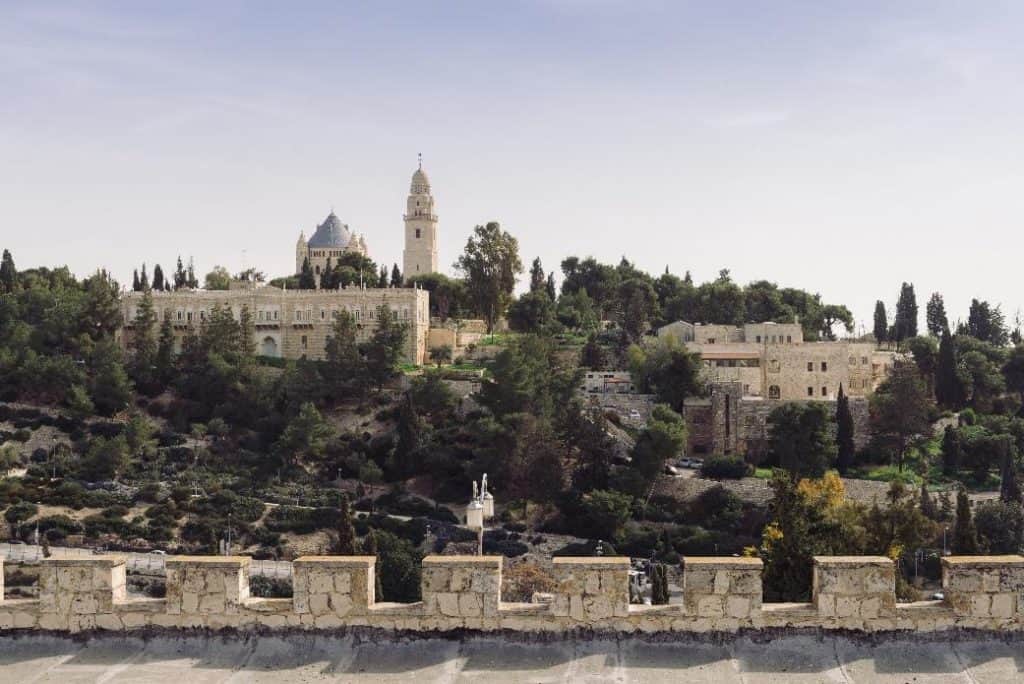
It’s worth visiting the St. James Cathedral, dating back to the 12th century, which is dedicated to two Christian saints: James, son of Zebedee, and James, the brother of Jesus. Unfortunately, the church was closed when I visited, so check ahead of time for opening times.
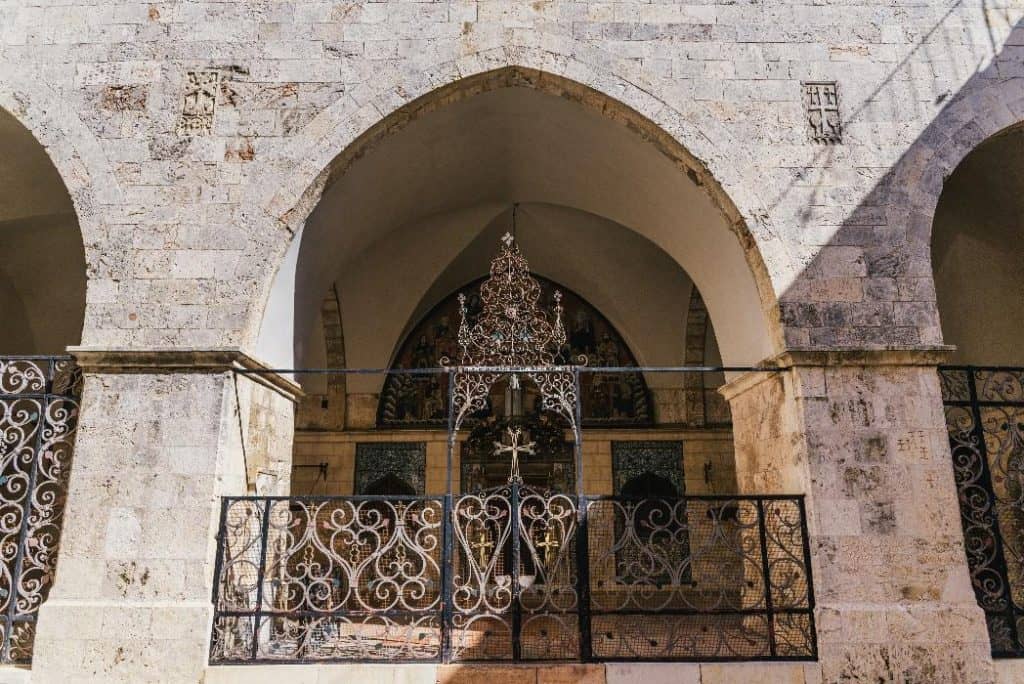
Muslim Quarter
The Muslim Quarter is the largest and by far the liveliest of the quarters. Head to the bazaar if you’re looking for good (Turkish) coffee, fresh fruits and vegetables, spices, tourist souvenirs, local sweets, and a lively atmosphere!

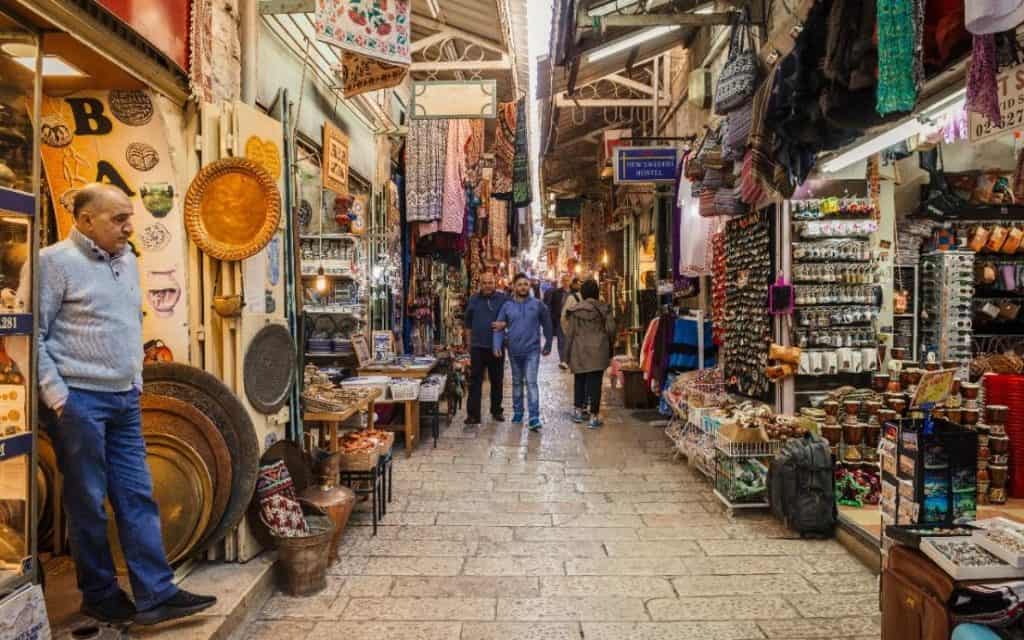
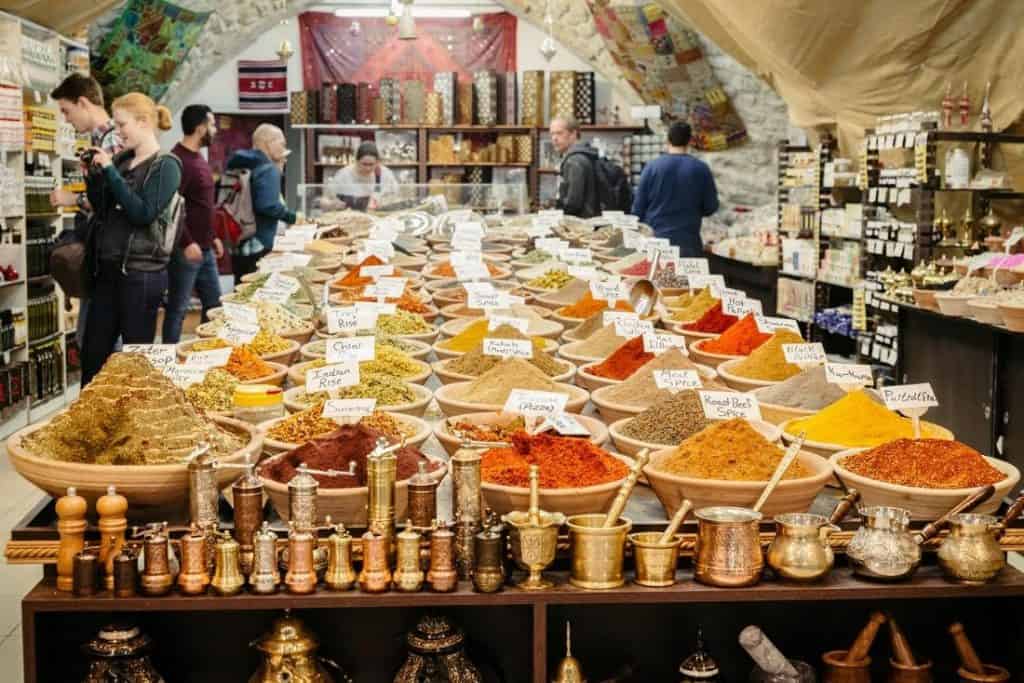
Dome of the Rock
At the middle of the Old City is the iconic and controversial Dome of the Rock, which is one of Islam’s holiest sites. This is a shrine built on a sacred foundation stone, which is believed, by Muslims, to be the location where the Prophet Mohammed ascended into heaven on his winged horse on the “Night Journey.” Complicating matters further, the site is also holy to Jews, as it’s where the First and Second Holy Temples stood and where Abraham was prepared to sacrifice Isaac as a test of his loyalty to God (also known as the Binding of Isaac).
This contentious piece of land is of limited access to both tourists and non-Muslims, who are only allowed to enter through the Moroccan Gate, next to the Western Wall.
The iconic Islamic golden dome is topped by a full moon decoration that evokes the familiar crescent moon symbol of Islam, according to its original architects.
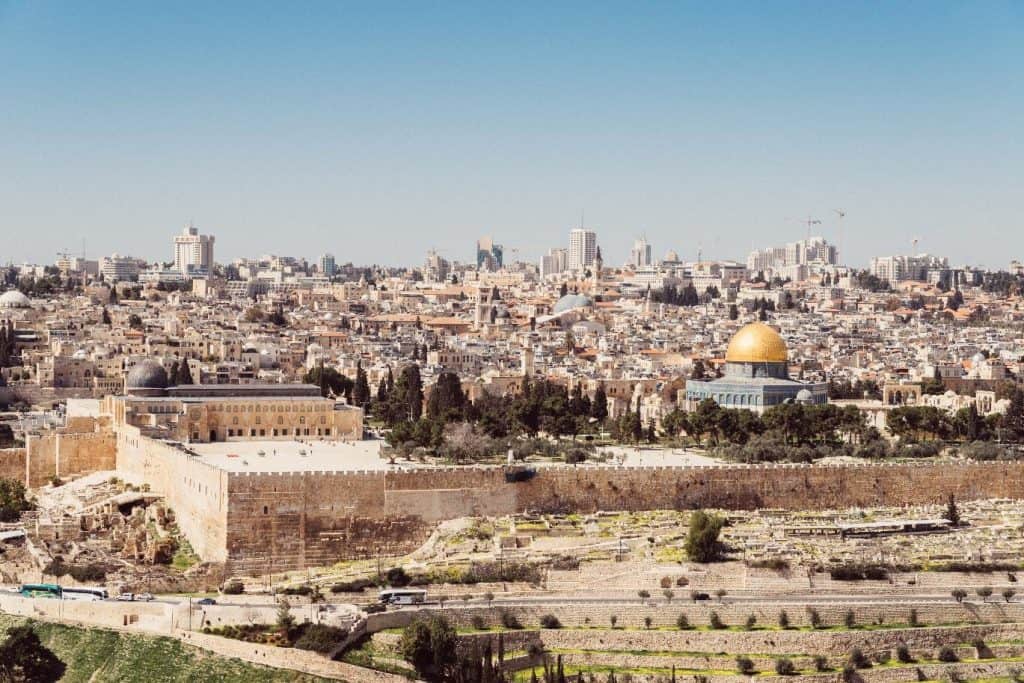
Within the Temple Mount is the Al-Aqsa Mosque, the most important mosque in Jerusalem and the third holiest site in Islam, after Mecca and Medina. Non-Muslims are not allowed within the Al-Aqsa Mosque.
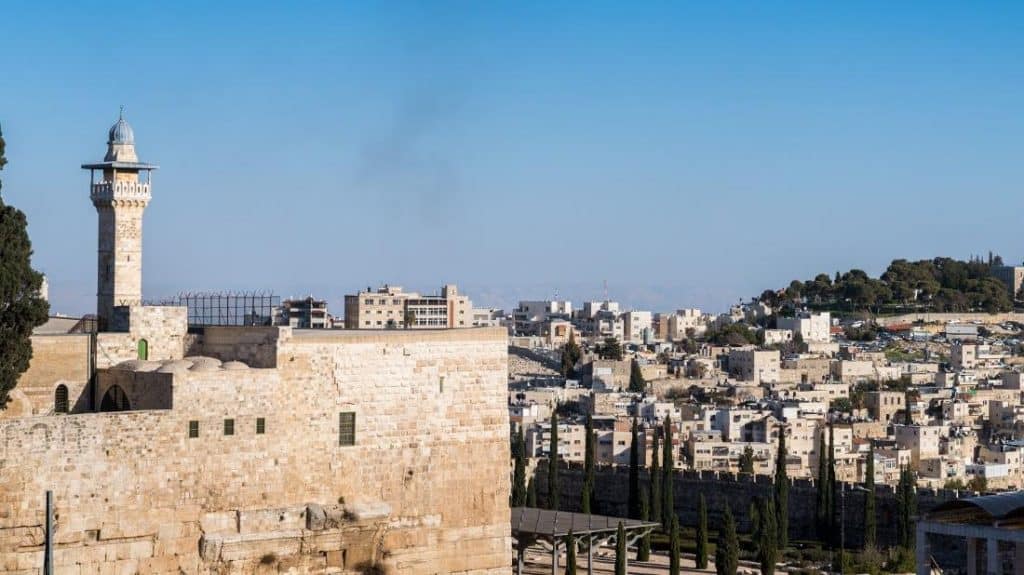
2. Sea of Galilee
Heading out of Jerusalem, hugging the Palestinian Territories and towards the border of Lebanon is the iconic Sea of Galilee. According to the gospels, much of Jesus’ life centered around this region, where he gave more than half of his parables and performed most of his miracles.
One river that flows within the Sea of Galilee is the Jordan River, which is a place of many important biblical events. The site is called Yardenit, and is identified as the traditional site of Jesus’ baptism, which now hosts a museum. I was fortunate to visit the site during a baptism.
For most Christians, the link with the river would be the scene of Jesus being baptized by John the Baptist, according to Matthew 3:13:
“Then Jesus came from Galilee to the Jordan to be baptized by John.” This quote is splashed alongside the walls of the site in multiple languages.
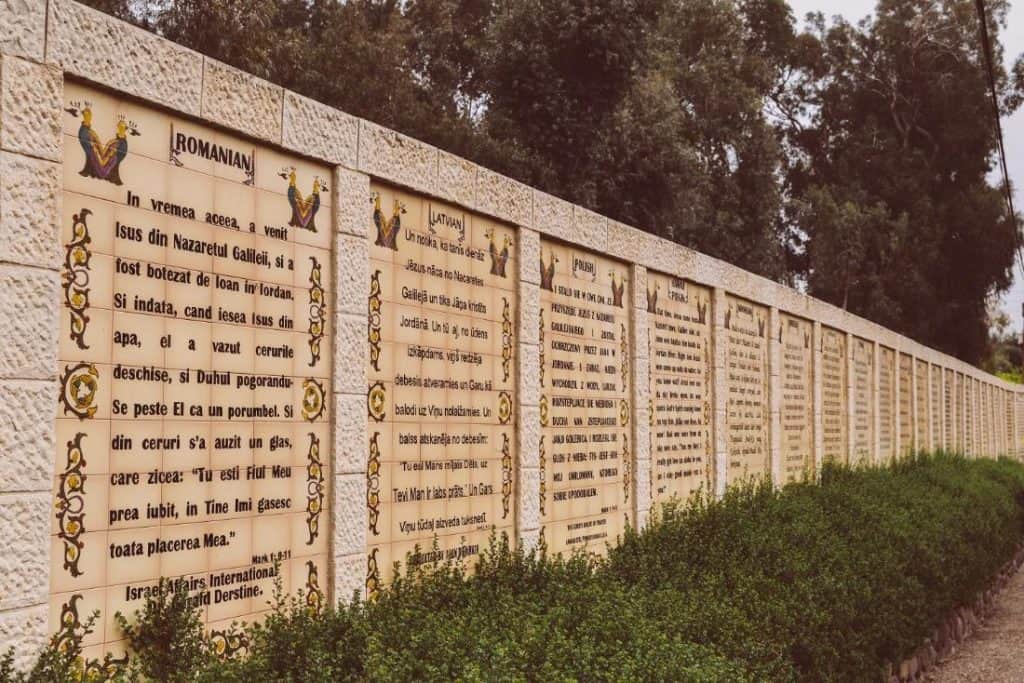
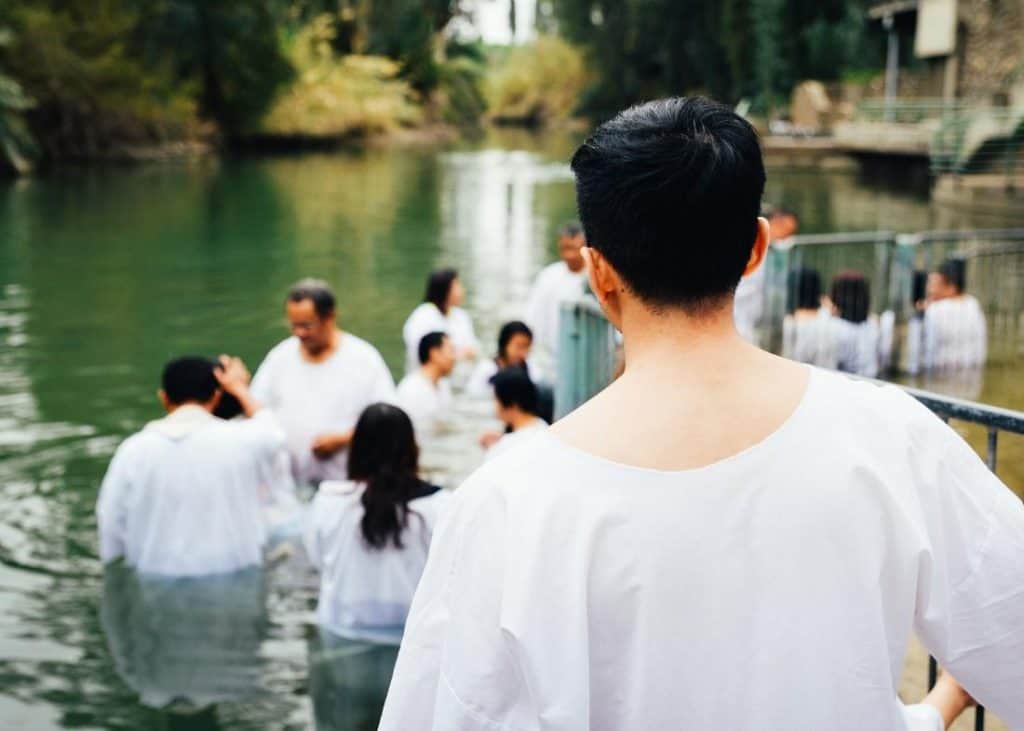
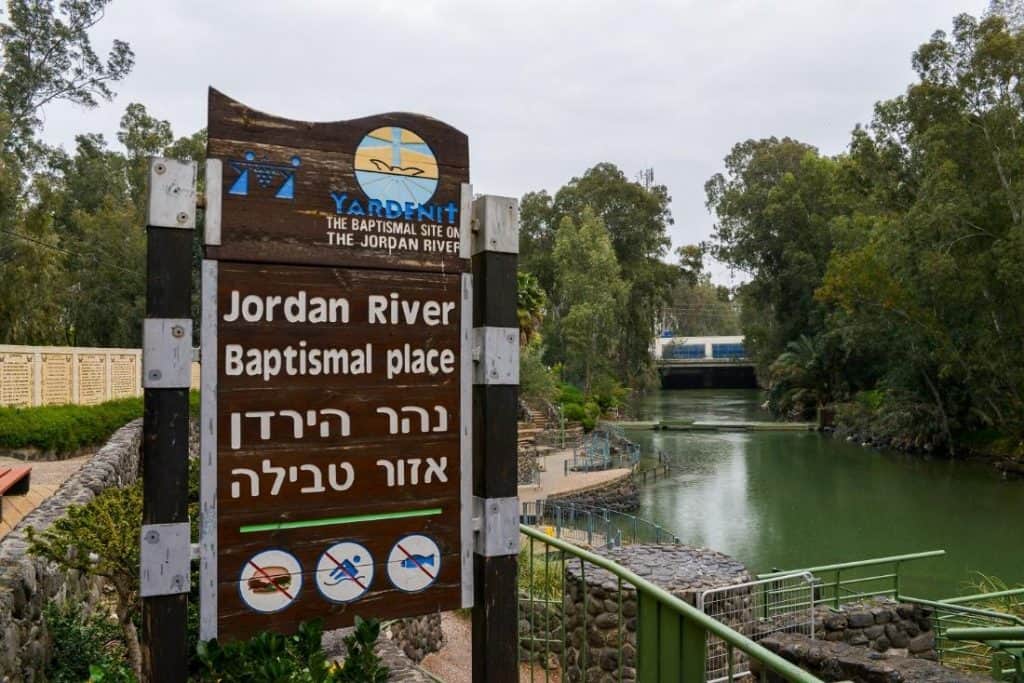
3. Tel Aviv & Jaffa
After a few days of religion-heavy tourism, I was ready to take a break and headed towards the more hip & secular Tel Aviv, on the Mediterranean coast.
My first port of call was Jaffa, on the southern tip of Tel Aviv. Jaffa is an ancient seaport with a rich history (even Napoleon conquered the city in the early 19th century), worlds away from the modern metropolis of Tel Aviv.
Enjoy this podcast from The Expat Money Show – JohnnyFD who talks about moving from the USA and living in Bali and Thailand.

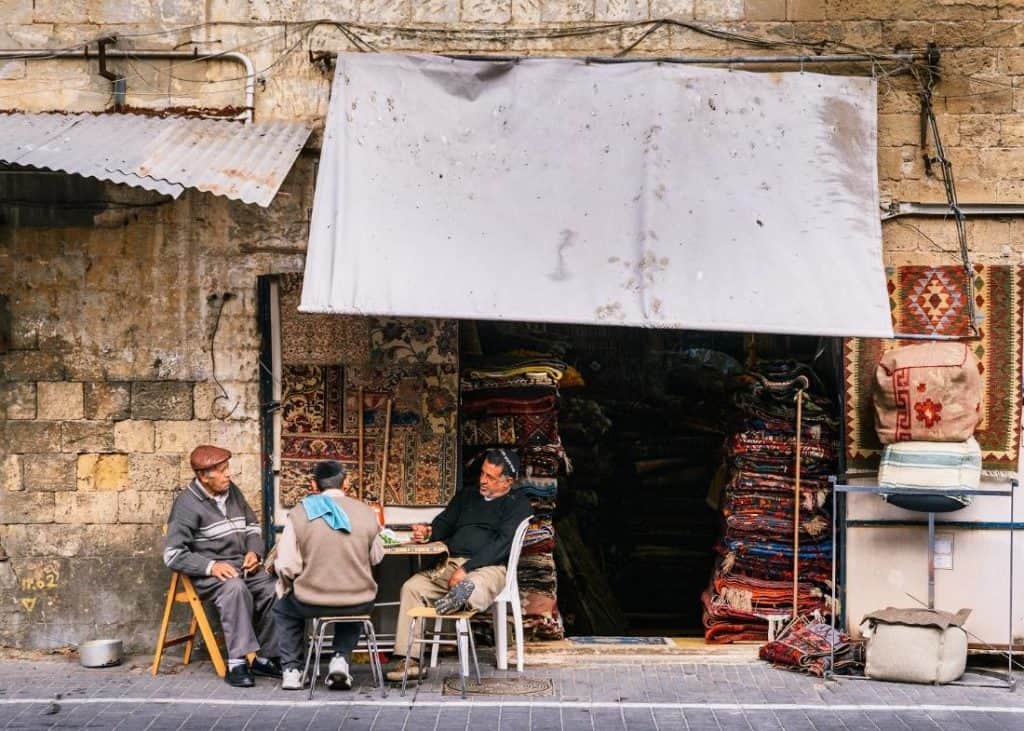
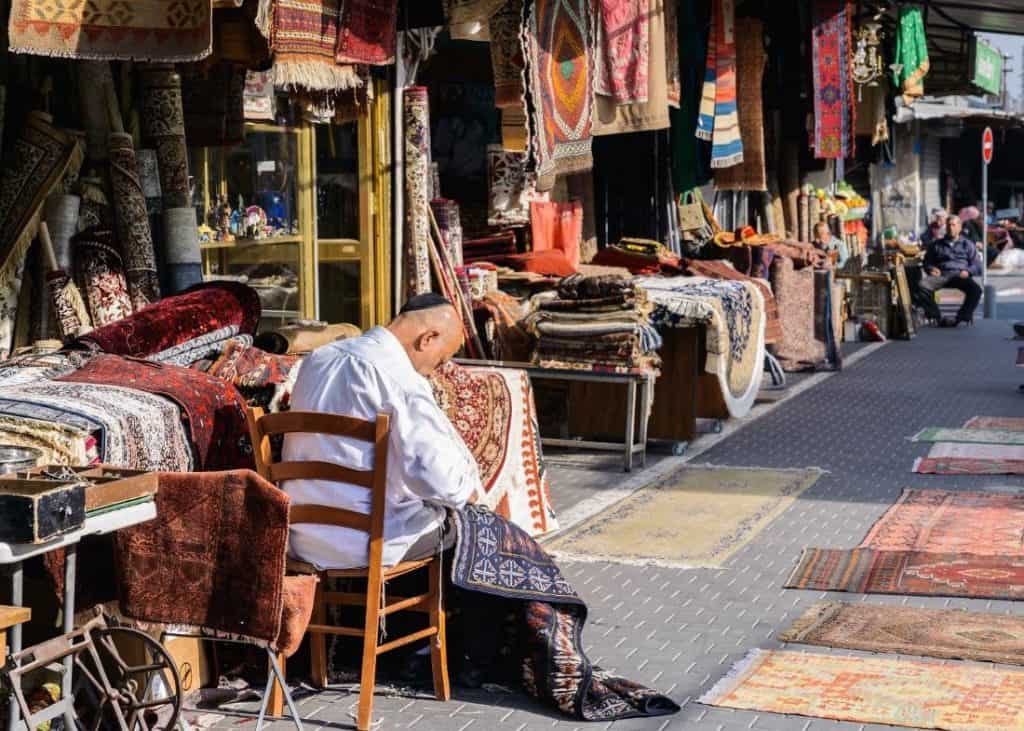
Tel Aviv, on the other hand, is a bustling young city with a thriving start-up economy.
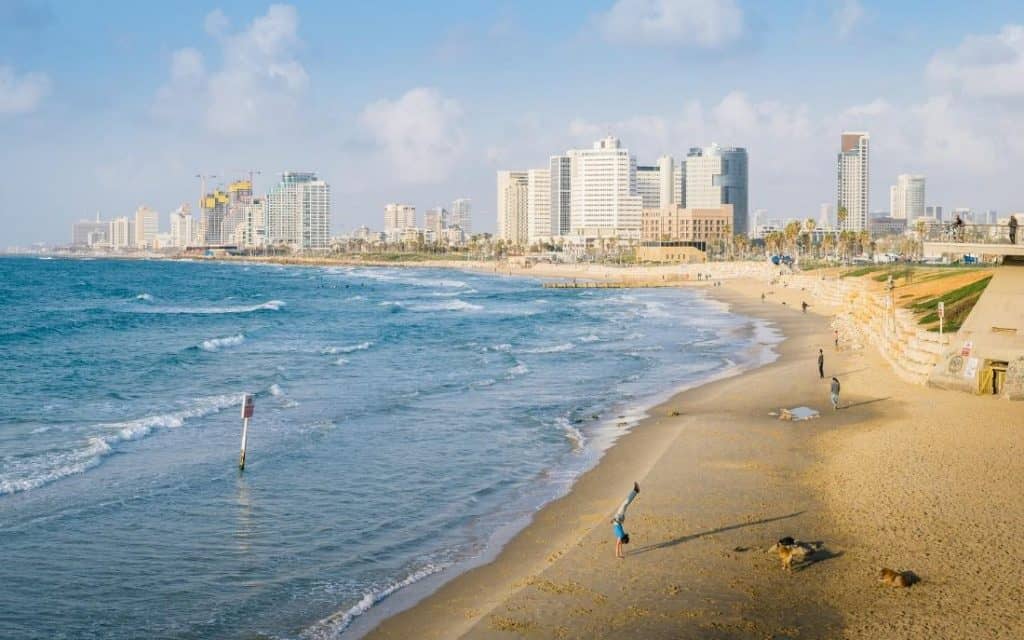
Tel Aviv is also known as the “White City,” due to its collection of 4,000 buildings built in a unique form of the 1930’s Bauhaus style.
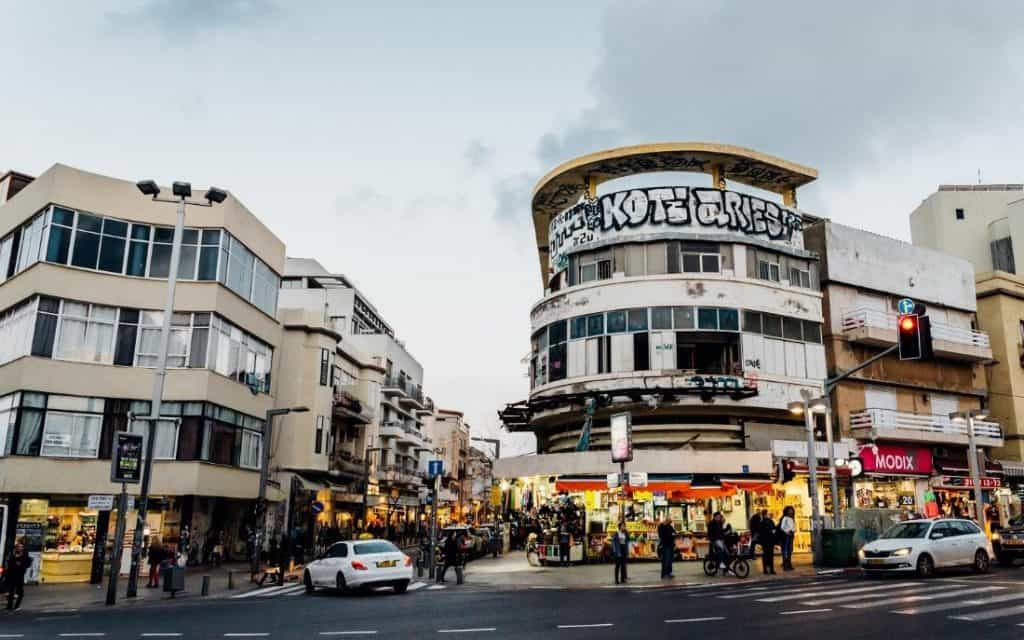
4. Caesarea
Staying on the Mediterranean coast, just south of Haifa, is Caesarea, which was the capital of the Roman province of Judea in 6 BC. A few of the highlights include the amphitheatre and horse racing arena, which are relatively well preserved.
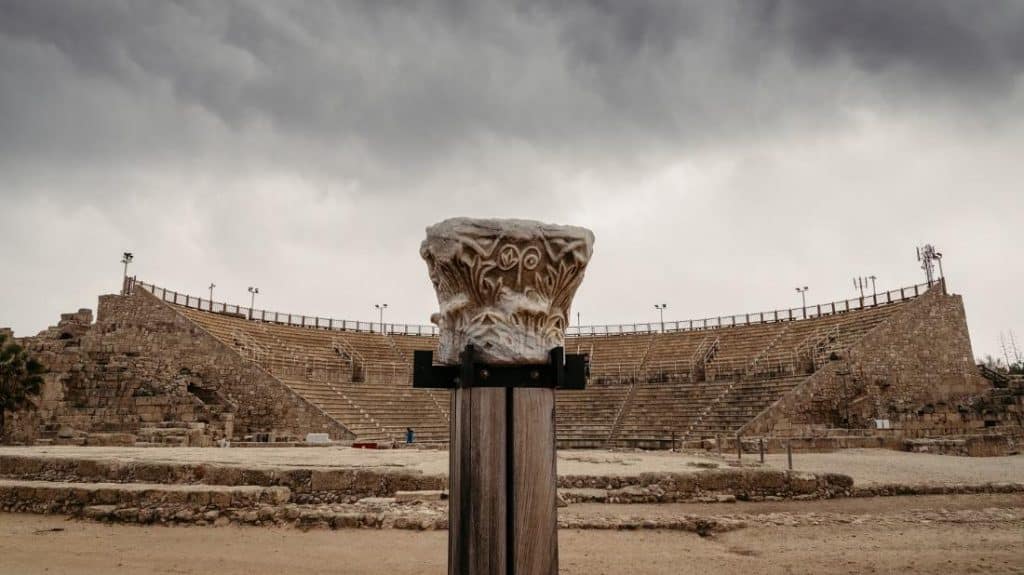

5. Haifa
Close by is the major (modern) port of Haifa. One of the must-see sites are the Terraces of the Baha’i Faith, also known as the Hanging Gardens of Haifa. This beautiful symmetrical garden overlooks Haifa and the sea.
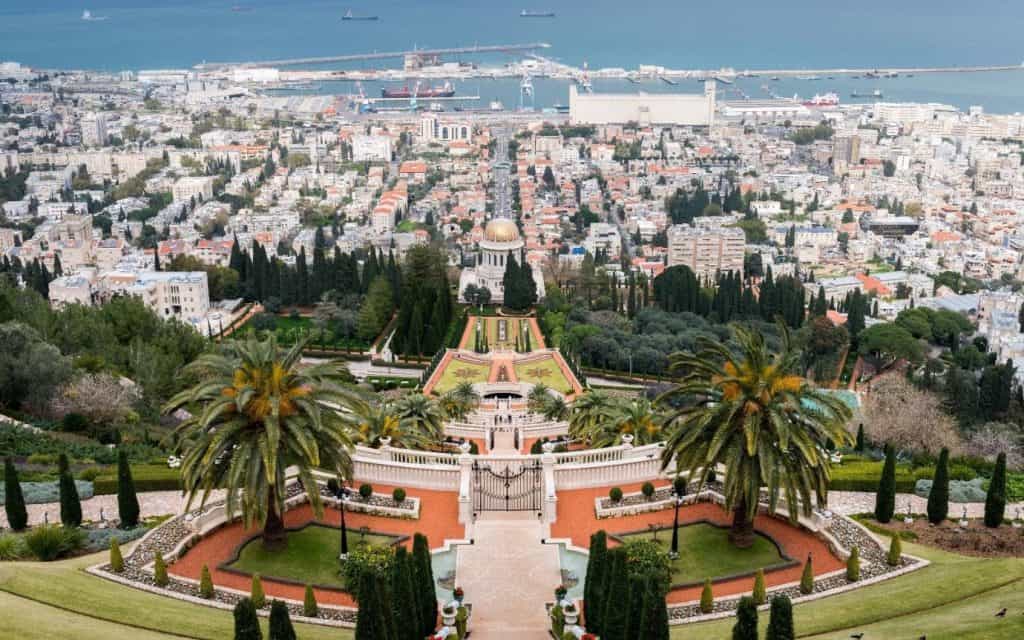
Another highlight is the collection of simple houses in Haifa’s German colony, established in 1868.
Other notable places to visit if you have more time:
- The Museum of Israel
- The Dead Sea
- Holocaust Memorial
- Acre
- Nazareth
- Golan Heights
- Eilat
- Safed
- Occupied Territories (if possible)
Shalom, salām, and peace – until next time!
Alexandre Rotenberg – Fine Art & Travel Photographer
Here is probably the most extensive ebook on Everything You Ever Wanted To Know About Eliminating Your Taxes, Protecting Your Assets And Regaining Privacy Over Your Life And Investments. It is called The Ultimate Guide To Going Offshore.
I hope you enjoyed reading this article: A Week in Israel. If you have any questions, please contact our office HERE.
I’ve included some great articles for you to read, enjoy!
5 of the Most Popular Expat Destinations in Italy
Why Expats are Choosing to Retire in Chile
Like Our Articles?
Then make sure to check out our Bookstore... we have titles packed full of premium offshore intel. Instant Download - Print off for your private library before the government demands we take these down!







